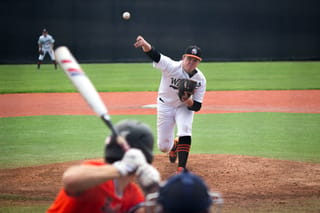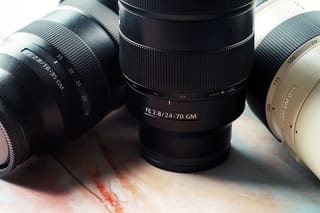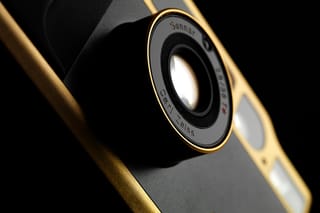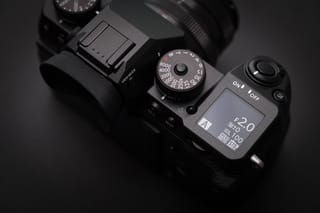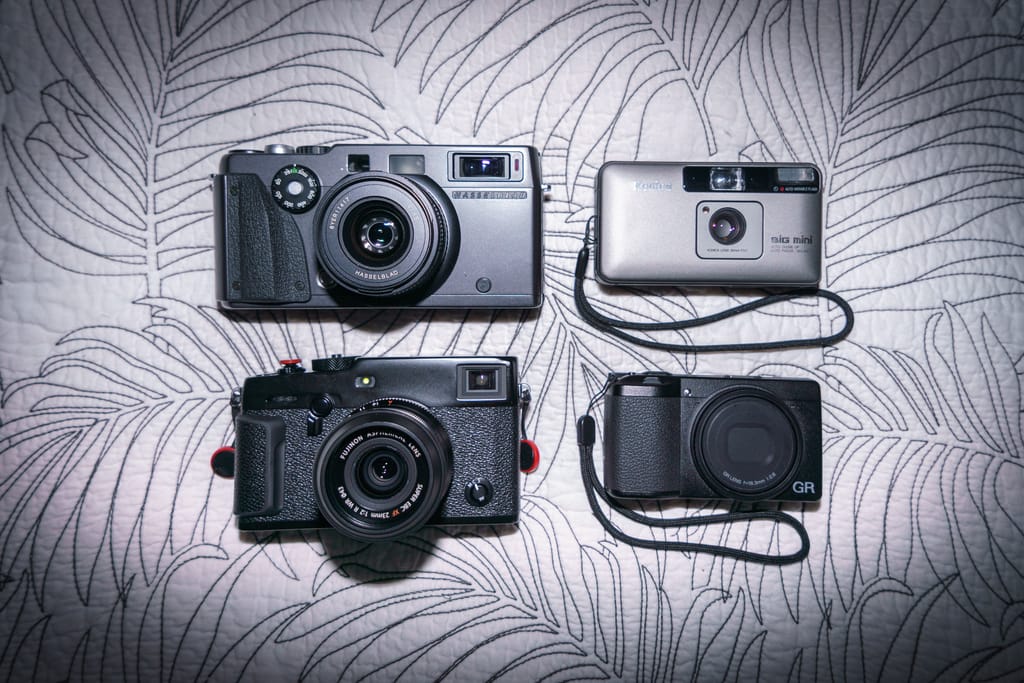
There’s a curious phenomenon that I’ve noticed during my time in the photographic industry. The more talented a photographer is, the less they feel limited by their gear. Inversely, photographers that are not as talented seem obsessed with the limitations of their gear.
I’m speaking generally, of course, and I don’t mean to paint with broad strokes, but I’m not alone in making this observation.
The question of whether gear matters has been belabored time and time again, and, yes, I’m painfully aware to be adding kindling to the fire with this post. But every day, someone new gets into photography, so the question continues to be relevant as beginners will always need some perspective on the topic.
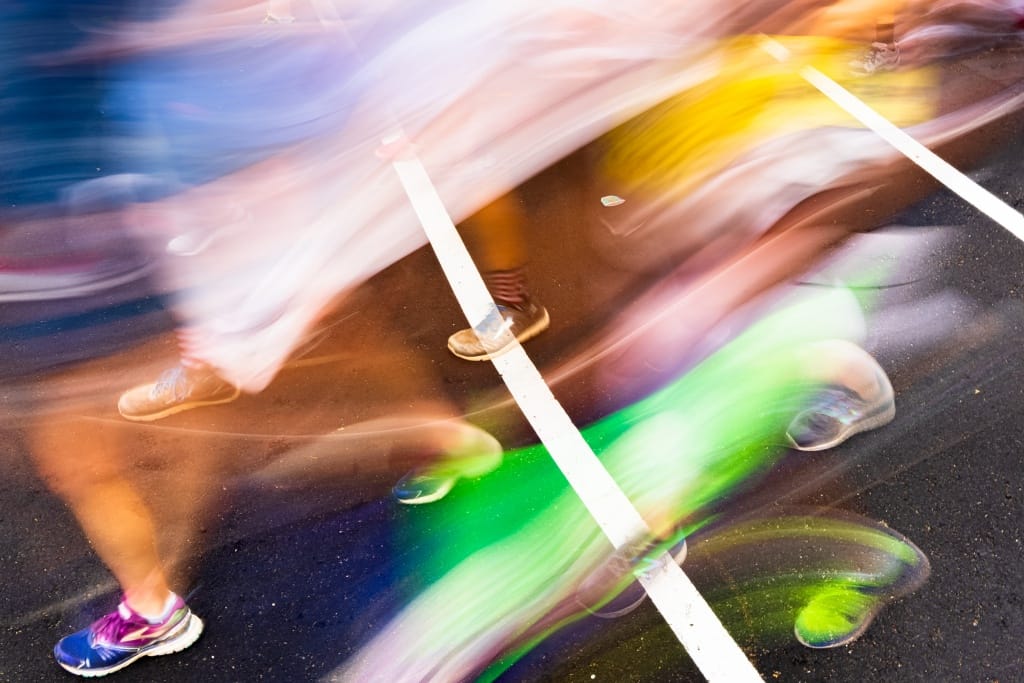
It would’ve been nearly impossible for me to capture this shot handheld at 1/3 sec without help from the sensor stabilization in the a7III.
Before we dig any deeper, let’s revisit my opening. Maybe it’s not fair to frame this around talent. Perhaps, looking at it through the lens of experience is more accurate. It’s certainly less ambiguous, or contentious.
The way I see it, experienced photographers are better at working around the limitations of their gear because, well, they’re experienced—they’ve run into innumerable problems over the years and have come up with workable solutions. And like anything else, when you build up an arsenal of solutions to a problem, it starts looking less and less like a problem.
On the flip side, novices may not even be capable of diagnosing a problem—even a small issue is baffling when you don’t know what you’re doing. And when you blow a shot, it’s certainly easier to point the finger at your equipment than, say, your technique, because you don’t know what you don’t know.
In photography, there are countless decisions to make before, during and after every shot, and any one of those decisions can seem paralyzing to a beginner. However, seasoned photographers don’t have to think as hard—those decisions are second nature to them. When you’re less experienced, you tend to lean on the equipment to make decisions for you. Therefore, your gear matters more towards the outcome.
When you can rely on experience, however, the gear matters less.
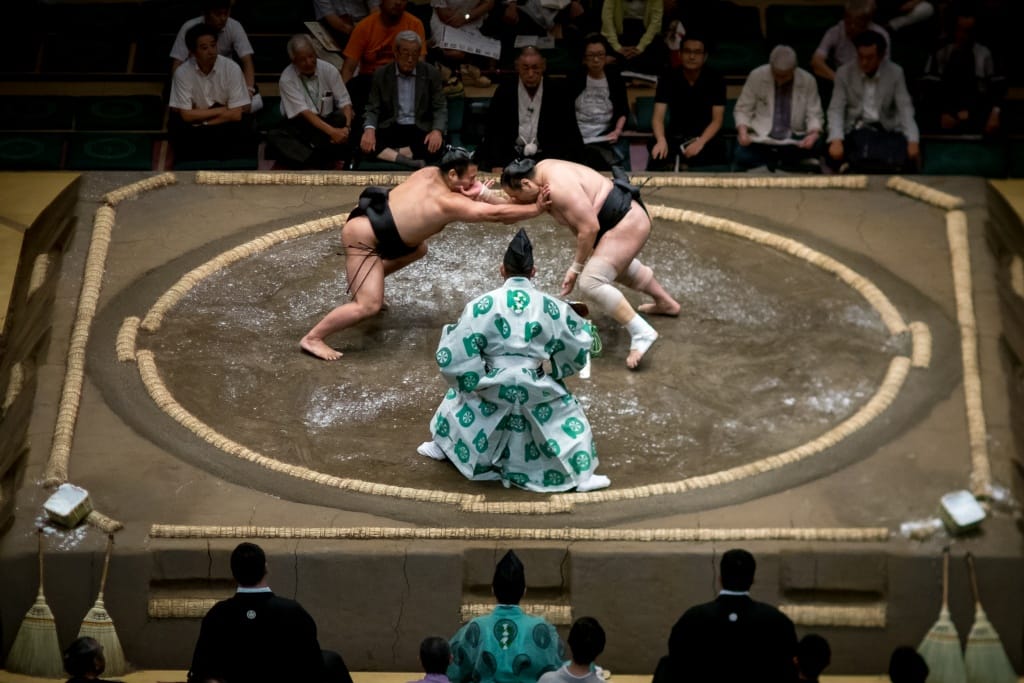
Who needs an a9 II? Shot this with a Fujifilm X-E1 from 2012 and a manual focus 135mm f/2 Canon FD lens from 1980.
Take for instance sports photography. The specs that most sports photographers value are things like the number of frames-per-second, a good buffer, high ISO performance, autofocus speed/accuracy, and large-aperture lenses for proper subject separation. Having those features helps a sports photographer get a leg up in capturing great action shots.
But ultimately, specs only go so far. Timing, technique, instinct—heck—even luck are just as important in getting the shot as your equipment.
Take for instance Neil Leifer, whose photo of Muhammad Ali standing powerfully over a defeated Sonny Liston—arguably one of the most iconic shots from the last century—was taken with a Rolleiflex TLR, a camera that no sports photographers would ever consider for a job these days.
Clearly, gear didn’t matter for that shot. One, because Leifer didn’t have a choice—something like the powerful Sony a9 was inconceivable in 1965. But also, Leifer had the experience under his belt to put himself in the right spot at the right time to be ready to take the shot—an ability he showed time and time again throughout his long career. He was great at his job despite his limitations—all he needed was access, his skills and the tools at his disposal.
Another thing that most beginners don’t realize—your gear limitations are only going to make you a better photographer in the long run. Limitations may even be essential to developing your own unique style. When you stop chasing specs to keep up with what other photographers are doing, you’ll feel liberated. You’ll see that pretty soon, you’ll stop copying others’ work and you’ll come into your own.
It’s hackneyed to say “do the best with what you’ve got,” but it’s good advice.
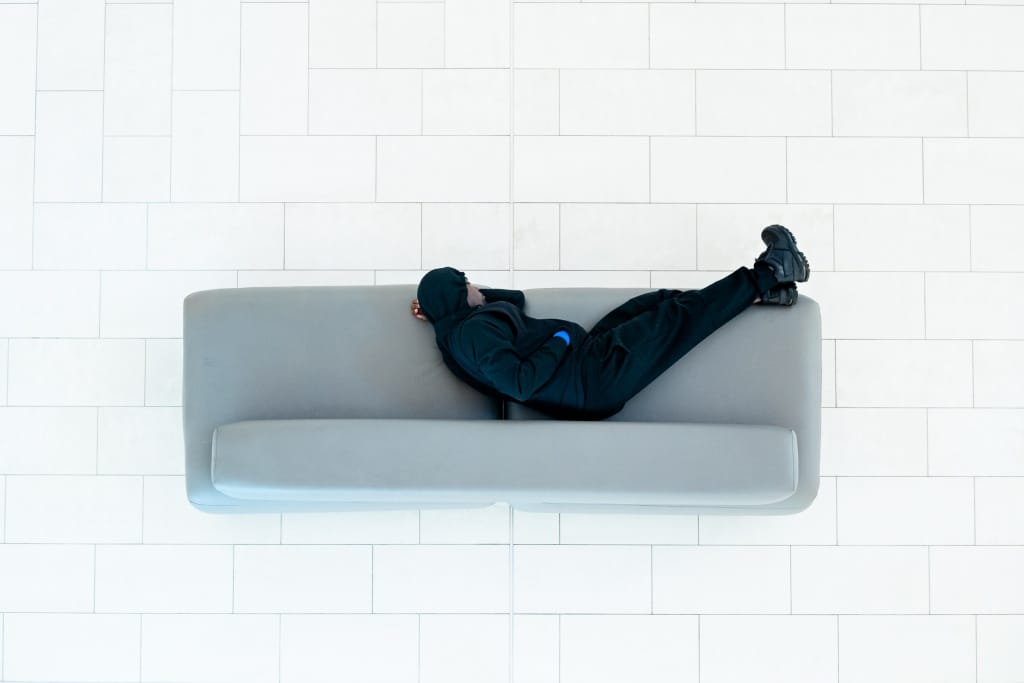
Took this with a ($$$$) Leica M10 equipped with a ($$$) 50mm Summicron. Could I have gotten similar results with my iPhone? Probably!
Ultimately, photography is a skill like any other. Some people are born with certain talents that make it seem effortless—good coordination, an eye for pattern recognition, a gift for understanding the science, math and technology behind it—while others have to work hard at it for ages by learning through failure, adjustment and repetition. The good thing is that no one can tell the difference in your final work, all they see is a powerful image.
It’s a similar thing with gear. Some equipment makes it easier to achieve your goal than other equipment, but ultimately, the result is the only thing that matters. You don’t necessarily need the latest and greatest to do good work—you just need to find a way around, or through, your limitations. Experience is the great equalizer, and the more you get of it, the more at ease you’ll feel with your gear.
Luckily, for photographers who want to do more, but don’t necessarily have the means, KEH is around to give you a spec bump for less money than buying new. When budgeting used gear, you can get something that may otherwise be out of your league if new. With the money it takes to buy a new entry-level camera, for example, you can buy a used, slightly older mid-level camera with superior specs that will ultimately better serve your needs.
I’ll leave you with this clip from the always hilarious Veep, which seems to put a bow on things:

